
 Director Elizabeth Chai Vasarhelyi wasn’t familiar with Youssou N’Dour and his music until six months before she decided to commit five years of her life to making a movie about him.
Director Elizabeth Chai Vasarhelyi wasn’t familiar with Youssou N’Dour and his music until six months before she decided to commit five years of her life to making a movie about him.Ms. Vasarhelyi’s documentary about the Senegalese singer, “Youssou Ndour: I Bring What I Love,” opens in limited release June 12 in New York before rolling out to more cities later in the summer.
Now that the director has had the opportunity to follow Mr. N’Dour through an eventful period in his life—including the low of a failed album release and the high of a Grammy Award win—she has become a die-hard fan. Mr. N’Dour “has got one of the most extraordinary voices on earth,” says Ms. Vasarhelyi, an American-born, Princeton-educated filmmaker. “And he has always sung about what he believes in—it’s kind of like the way Bob Marley was.”
Mr. N’Dour, who was born in Dakar, Senegal, in 1959, comes from a clan of griot singers with a family history of preserving cultural memory in song. He burst onto the music scene in the 1970s with a genre of music known as mbalax—a hard-driving form of pop that draws on traditional Senegalese rhythms, Cuban music and jazz. Mr. N’Dour’s lyrics captured the everyday lives of people in Senegal, while also offering up themes of solidarity and cultural pride.
In the 1980s, Mr. N’Dour’s musical collaborations with British rocker Peter Gabriel (the song “In Your Eyes”) and a spot on the 1988 “Human Rights Now!” tour with Sting and Bruce Springsteen brought him international attention.
“I Bring What I Love” doesn’t simply run through the chronology of Mr. N’Dour’s life. Instead, the movie finds the musician at a crisis moment in his career. About 10 years ago, the singer, known for secular pop songs, decided he wanted to explore his Islamic faith in his music. So he recorded the album “Egypt,” which featured such tracks as “Allah” and “Touba—Daru Salaam.” (Touba is the name of a holy city in Senegal.) “This album was not really for the public,” says Mr. N’Dour. “It was for me.”
Initially, “Egypt,” which after some delay was released in 2004, was not well-received in Senegal. False rumors spread that Mr. N’Dour had brought naked women to film videos at religious sites, says Ms. Vasarhelyi. Others objected to combining pop songs with religious themes. In the wake of such talk, cassettes of the album were returned by stores, radio stations refused to play it and sales were poor compared with those of Mr. N’Dour’s previous releases. The musician, confident that his work would win over listeners if it was given a fair hearing, played songs from the album all around the world, including Europe and the U.S. It eventually won a Grammy award, Mr. N’Dour’s first. In the wake of the honor, many Senegalese gave the album another chance. “It was big for us, it was big for the country,” Mr. N’Dour says of his Grammy win.
“People around the world are grappling with the notion of the place of religion in politics and society,” says Ms. Vasarhelyi. “What’s remarkable about Youssou is that he managed to work through it. There was forward movement. People in Senegal reconsidered the album.”
Ms. Vasarhelyi said she made the film with a “shoestring budget” of $1.5 million. Her film crew, on most days, numbered only three: the director, a cameraman and a security guard who doubled as a translator. Ms. Vasarhelyi handled some camera work herself, including a climactic scene in which Mr. N’Dour is watching the Grammys and waiting for a phone call to see if he won. “That scene was shot by me on a small camera, and that’s why it’s lopsided,” says Ms. Vasarhelyi.
The director isn’t done with Senegal. Ms. Vasarhelyi, whose previous film was a 2003 documentary about Kosovo called “A Normal Life,” is working on a movie about the annual pilgrimage taken by some Muslims to Touba. Meanwhile, she hopes “I Bring What I Love” finds an audience. “It looks at a particular religion and Youssou’s courage, but I think the real promise of the film is it touches on universal themes,” she says.





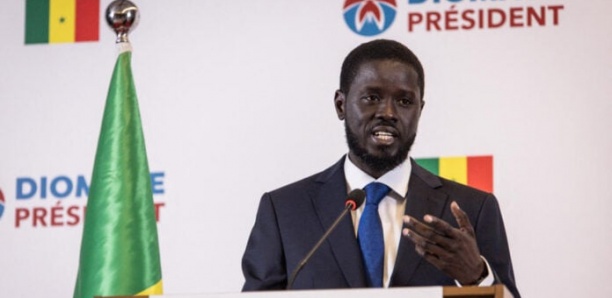
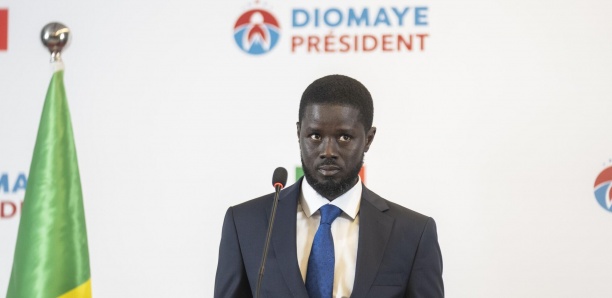
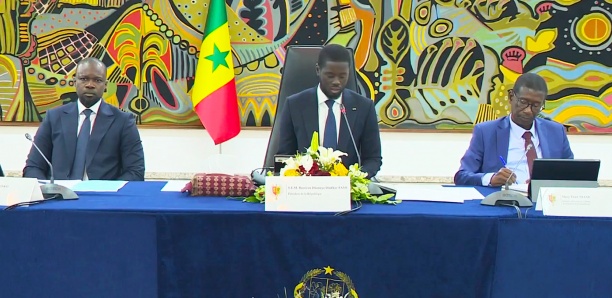
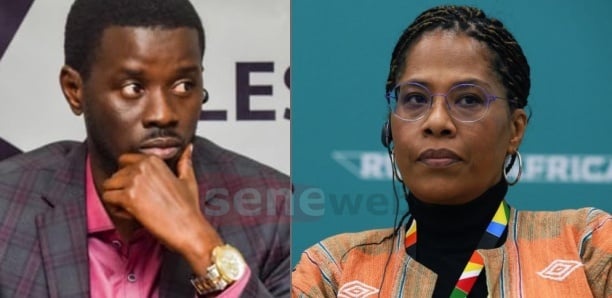


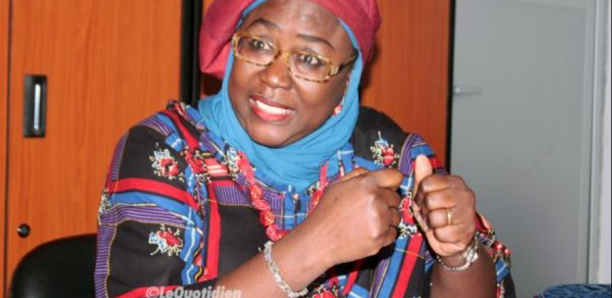

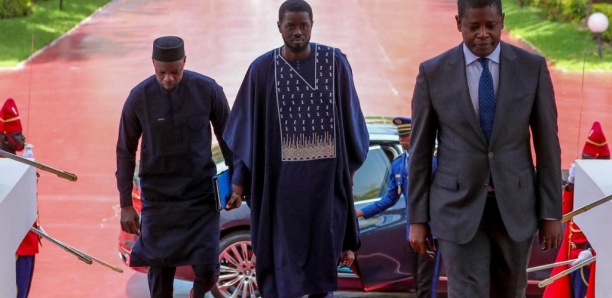


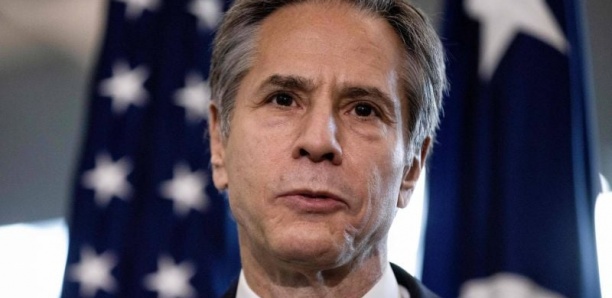
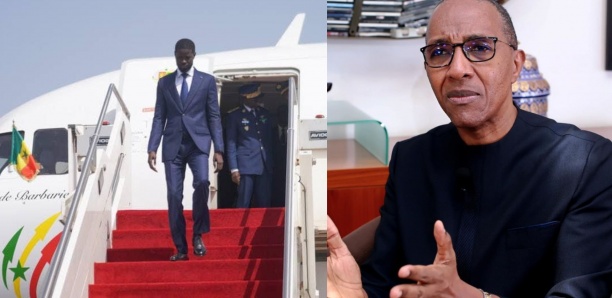
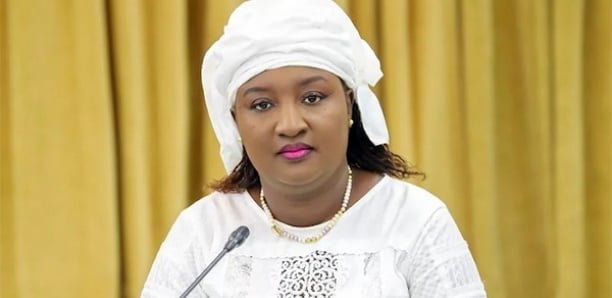

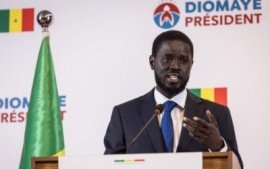
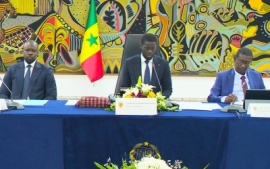

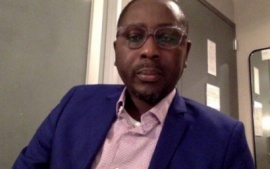
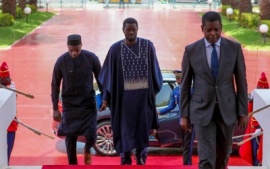





0 Commentaires
Participer à la Discussion